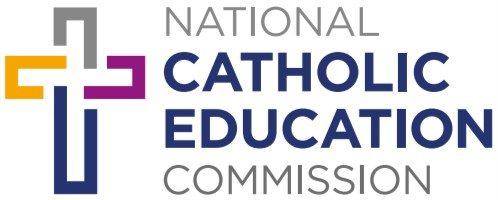I visited Cairns last week to attend the farewell of their executive director of Catholic Education Bill Dixon who will be finishing in his role at the end of the school year.
Bill has dedicated nearly 30 years of service to the Catholic Church and particularly Catholic education in Far North Queensland, demonstrating his outstanding leadership in the Dioceses of Cairns and Toowoomba, and in key roles in schools, the education office, and for the Queensland Catholic Education Commission (QCEC). You can read about Bill’s farewell here.
While I was in Cairns, I was pleased that I could visit Mount St Bernard College, Herberton with Bill and executive director of QCEC Allan Blagaich. The college is a three-hour return drive from Cairns so we had plenty of opportunity to discuss the range of challenges and opportunities for Catholic school communities in Queensland.
One of these challenges is ongoing funding to support both recurrent and capital expenditure for schools with high levels of socio-educational disadvantage and support for boarding students from Aboriginal and Torres Strait Islander and rural, regional and remote backgrounds.
Of the 197 students enrolled at Mount St Bernard College, 114 are Aboriginal and Torres Strait Islander students, and 90 students are boarders. Nationally in 2023, 46 of the 52 Catholic boarding schools had Aboriginal and Torres Strait Islander boarding students. Of these, nine schools had more than 80 per cent of their boarding students from Aboriginal and Torres Strait Islander backgrounds, totalling 542 enrolments. In total, there were 1,322 Aboriginal and Torres Strait Islander boarding students, which is 4.4 per cent of all Aboriginal and Torres Strait Islander students enrolled in Catholic schools.
One of the key issues is that recurrent funding through the Schooling Resource Standard (SRS) does not cover the needs of boarding students for living, health and pastoral care, cultural and social development, or other needs.
Additionally, in many of these school communities the capacity for families to contribute to school and other costs is extremely limited, creating a funding shortfall for both educational and capital needs, and administering ABSTUDY requirements to support boarding expenses is often onerous or may not be successful.
For schools like Mount St Bernard College, this means the school’s operating costs exceed their ability to generate income. This not only impacts on educational programs, but also on the ability to provide viable boarding options for students in remote areas.
Increased government support is critical to ensure Aboriginal and Torres Strait Islander and rural, regional and remote students can have access to a quality education, while maintaining links to their communities.
Jacinta Collins
National Catholic education executive director
